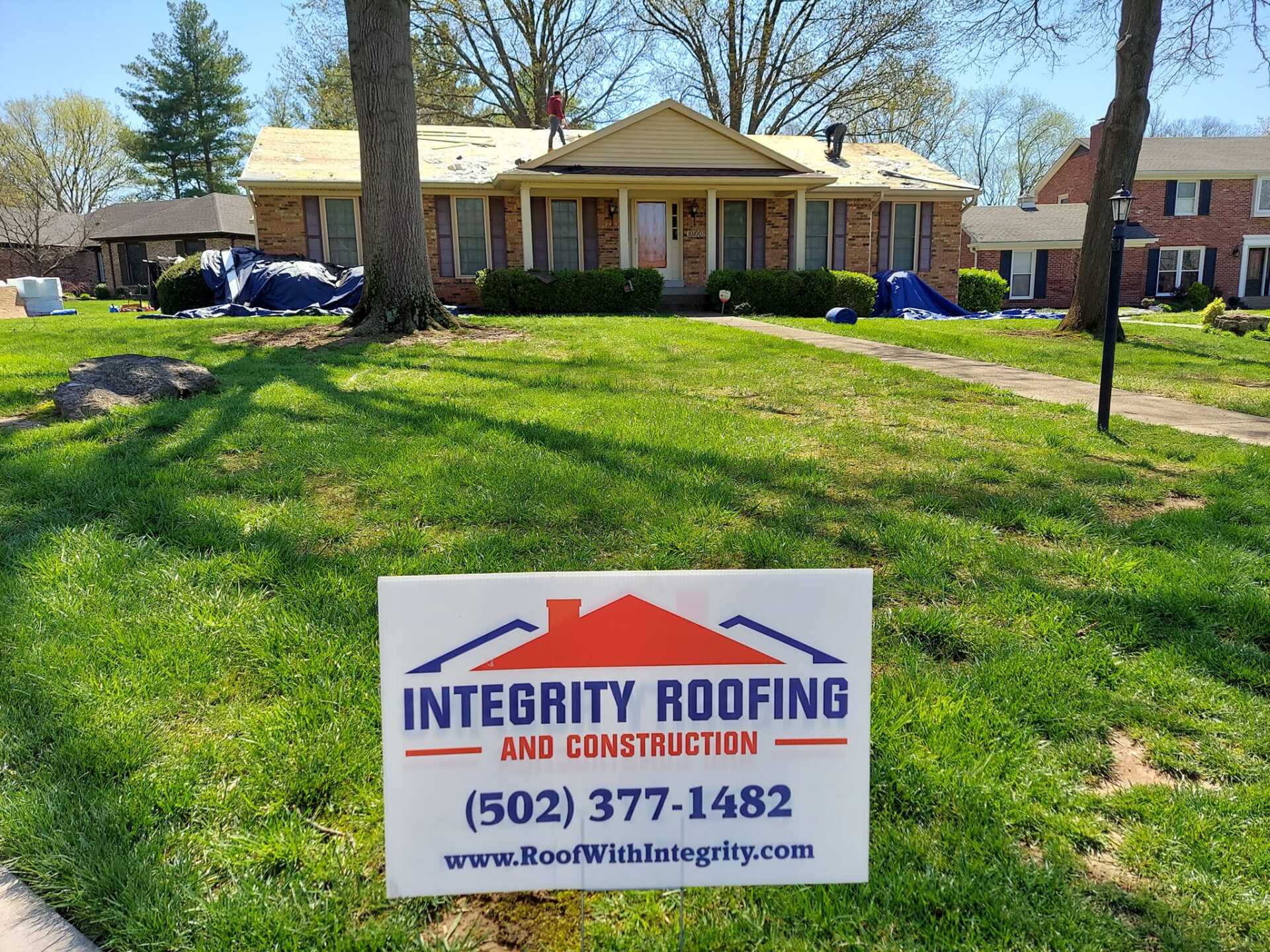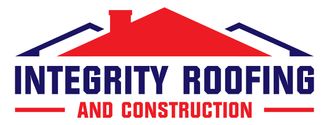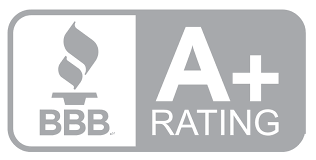Beware of Roofing Scams After a Storm: How to Protect Yourself and Your Home
Beware of Roofing Scams After a Storm: How to Protect Yourself and Your Home

When severe weather strikes, your roof often takes the brunt of the damage. Unfortunately, storm damage also attracts roofing scammers who prey on stressed and vulnerable homeowners. Knowing how to identify and avoid post-storm roofing scams can save you thousands of dollars and protect your home.
Common Roofing Scams After a Storm
Here are the most common roofing scams homeowners face after major weather events:
1. Storm Chaser Contractors
"Storm chasers" are out-of-town roofers who follow storms, offering fast and inexpensive roof repairs. They often vanish once the job is done, making warranty claims or future repairs nearly impossible. Their work is often rushed and poorly executed.
2. Inexperienced or Fake Roofers
After a natural disaster, unlicensed individuals often pose as professional roofers. Always verify the contractor's credentials, experience, and local reputation before signing anything.
3. High-Pressure Sales Tactics
Some scammers exaggerate roof damage and pressure you into signing a contract immediately. Legitimate contractors will always allow you time to review estimates and get second opinions.
4. Upfront Payment Scams
Be wary of contractors demanding large down payments or full payment before starting work. Reliable roofing companies typically require a small deposit or none at all.
5. Insurance Fraud and Deductible Scams
Some unethical contractors offer to "cover your insurance deductible" or inflate the claim. In states like Kentucky, this is illegal and can get both the homeowner and contractor into legal trouble.
6. Poor Quality Repairs
Scammers may perform minimal, low-quality repairs that lead to more damage over time. Always inspect the finished work and ensure it meets local building codes.
How to Avoid Post-Storm Roofing Scams
Protect yourself and your home by following these smart steps:
Verify Licensing and Insurance
Always hire a licensed, insured, and bonded contractor. Check with your state licensing board and look up company reviews on the Better Business Bureau (BBB).
Avoid Door-to-Door Roofing Sales
While not all door-to-door contractors are scammers, many are. Be cautious if someone appears unsolicited, claiming they were "in the neighborhood." Never sign anything without reading it carefully. Some documents may legally bind you to a roofing contract.
Don’t Pay in Full Upfront
A trustworthy roofer will provide a written contract with a clear payment schedule. Avoid paying large sums before any work begins.
Document Damage and Repairs
Take clear photos of your roof before and after repairs. Keep detailed records of all correspondence, estimates, contracts, and receipts.
What to Do If You've Been Scammed
If you suspect you've been targeted by a roofing scam:
- Report the incident to your state attorney general
- Contact your local consumer protection agency
- File a complaint with the Better Business Bureau (BBB)
Stay Informed and Protected
Storm damage is stressful enough without falling victim to a scam. By staying informed, verifying credentials, and documenting everything, you can protect your property and your peace of mind.









